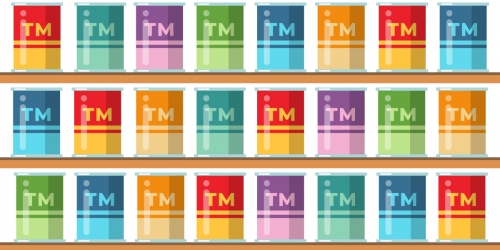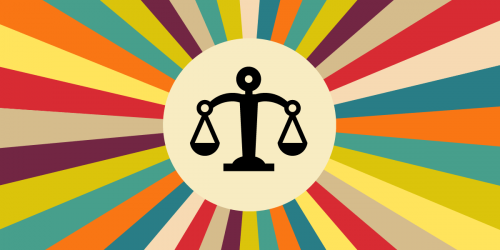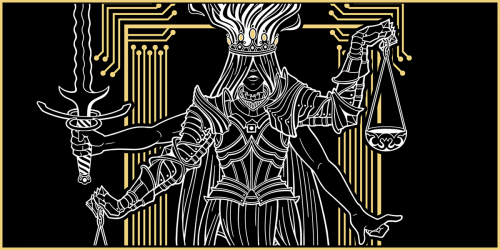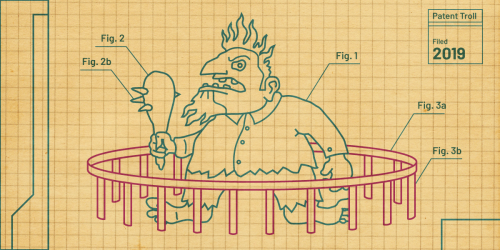In its landmark Alice v. CLS Bank decision, the Supreme Court returned some much-needed balance to the patent system. The court invalidated an abstract software patent, essentially ruling that adding “on a computer” to an abstract idea does not make it patentable. The Alice ruling has been particularly important because courts have often applied it early in litigation. This has allowed even small companies to fight back against patent trolls wielding weak software patents. We’ve featured many of these stories in our Saved By Alice series.
A pair of recent decisions from the Federal Circuit threaten to undermine Alice. In these rulings – Berkheimer v. HP [PDF] and Aatrix Software v. Green Shades Software [PDF] – the court suggests that the decision under Alice, about what makes an invention patent eligible, is a heavily factual inquiry. If these rulings stand, district courts may become much less likely to apply Alice early in litigation. Defendants would be required to go through expensive discovery, or even a full jury trial, to get a ruling on patent eligibility. Once again, trolls with software patents would be able to use the ruinous cost of defending a patent suit to force settlements, even when their patents are invalid.
EFF, together with the R Street Institute, has filed an amicus brief [PDF] urging the Federal Circuit to rehear the Berkheimer appeal en banc. This means that all the active judges of the appeals court would review the decision. We argue that the panel’s decision is both wrong on the law and bad policy. The panel’s decision disregards long-standing Supreme Court and Federal Circuit law that makes it the judge’s role to construe patents. On policy, we describe how early Alice rulings have helped end many of the most abusive patent trolling campaigns.
When the Alice case was originally before the Federal Circuit, one judge argued that a ruling finding the patent invalid would “would decimate the electronics and software industries.” This dire prediction turned out to be completely wrong. In fact, R&D spending on software began increasing at an even faster rate after the Supreme Court’s 2014 decision. Where Alice did not hurt the software industry, the Berkheimer and Aatrix rulings could hurt the industry by making software companies more vulnerable to the abstract patents that Alice invalidated.
We hope the Federal Circuit rehears Berkheimer and confirms that patent eligibility under Alice is a legal question that can be settled early.










